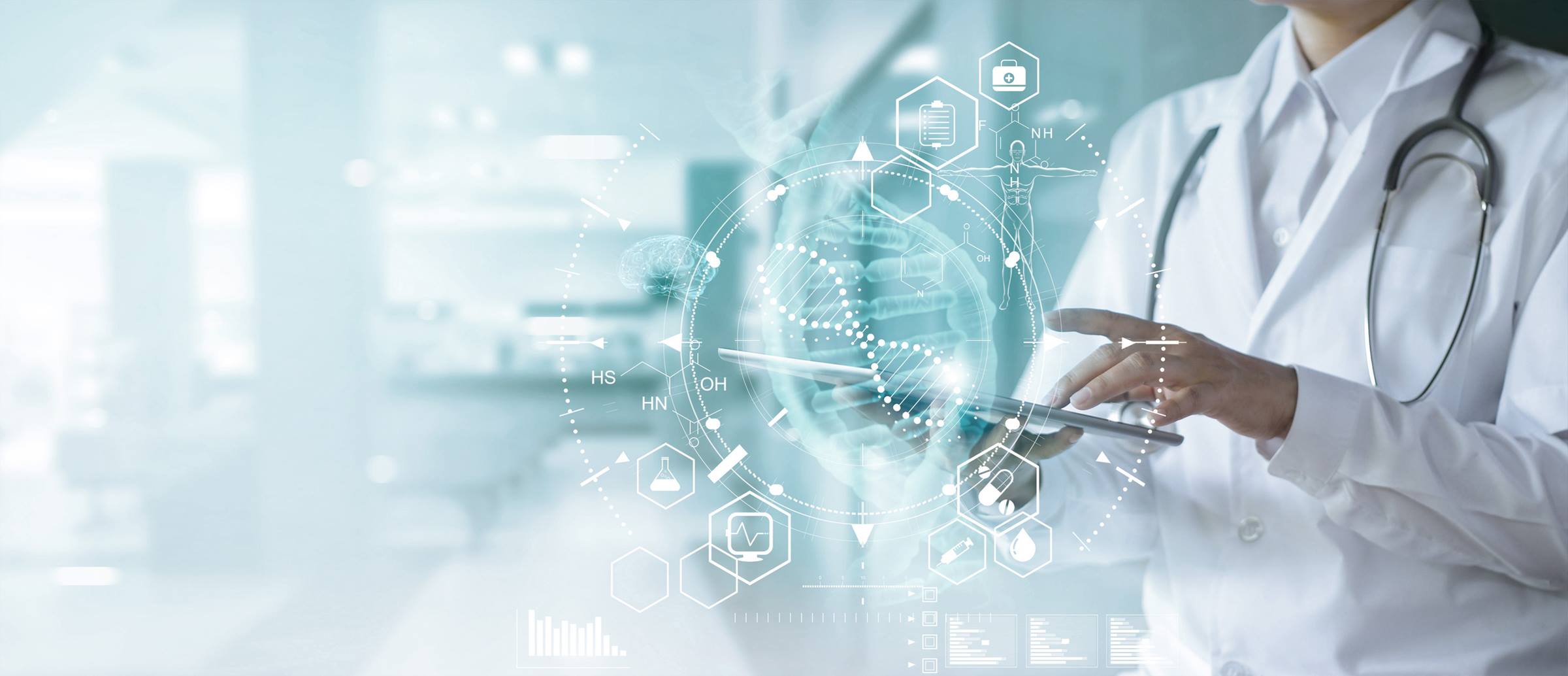
What Can Natural Language Processing Offer Your EHR?
Electronic health records (EHRs) are one way physicians and other healthcare providers record important data and observations about their patients. Such systems typically offer text fields where providers can add comments about a patient's condition, with varying levels of detail.
Doctors are trained to accurately document patient histories in free text and often there are different ways to express the same information. For example, one doctor might say the patient has “coronary artery disease” and another might use the common abbreviation “CAD”. That can make it challenging to reliably extract useful information further downstream. And there's a lot of unstructured data out there. In fact, some researchers estimate that as much as 80 percent of medical data is unstructured.
That's where Natural Language Processing (NLP) can be useful. Think of the NLP process as fulfilling the role of an interpreter. When providers call a medical interpreter into their office to translate conversations with a patient who speaks a different language, the interpreter helps bridge the gap by providing an established common ground of understanding.
Similarly, NLP interprets the language that a doctor has recorded in an EHR and finds a way to make that information more meaningful and actionable.
When a provider’s EHR system employs NLP, all those doctors' notes with their various descriptions can be analyzed and provided some order and frame of reference. NLP can extract information from those notes by looking for synonyms and patterns, and could even make inferences based on the appearance of certain words and phrases that may be useful to the people caring for the patient in the future—and that can ultimately improve outcomes.
Another benefit of using NLP to analyze electronic health record information is that it can extract information about drug dosages which may sometimes only be documented in the free-text of notes. A study in the Journal of the American Medical Informatics Association described how researchers used NLP to learn how patients taking the blood-thinner warfarin were managed by different providers, and the dosage amounts they received.
However, NLP technology is still evolving. Experts note that the potential is great, but more advanced capabilities will be required to achieve more nuanced insights and interpretations. For example, right now NLP can handle the relatively easy task of picking up on specific phrases like “chest pain"; that’s low-hanging fruit. But a more advanced system could synthesize information gathered via NLP to predict outcomes such as cardiac events or readmission.
The point is that it’s not only worth learning what NLP has to offer now—but to keep abreast of what it may offer in the future.